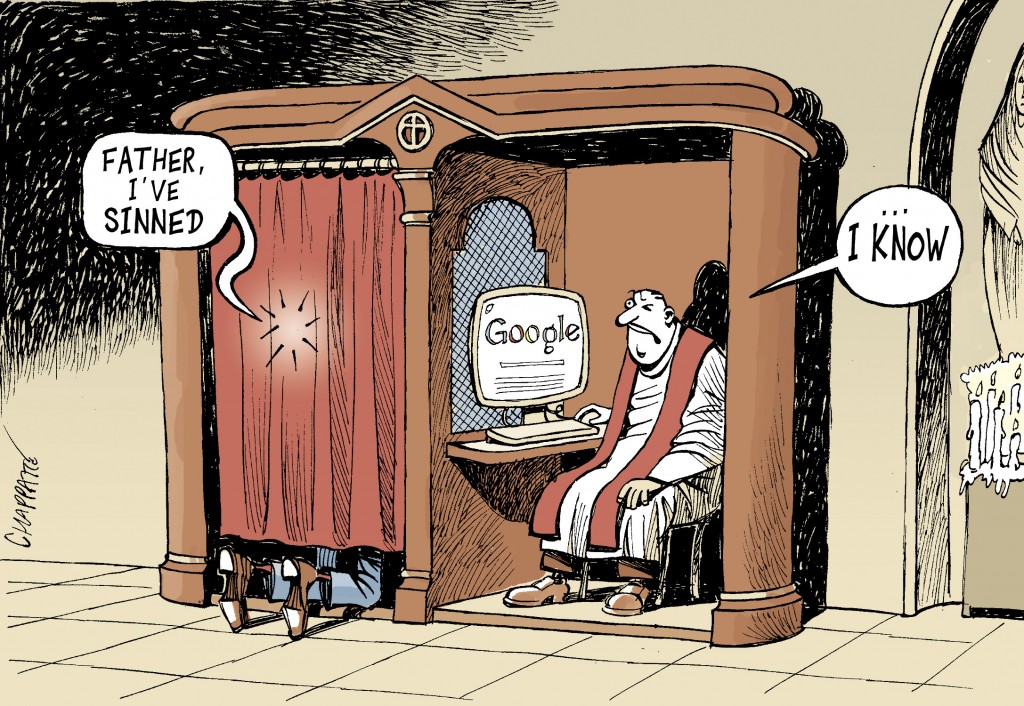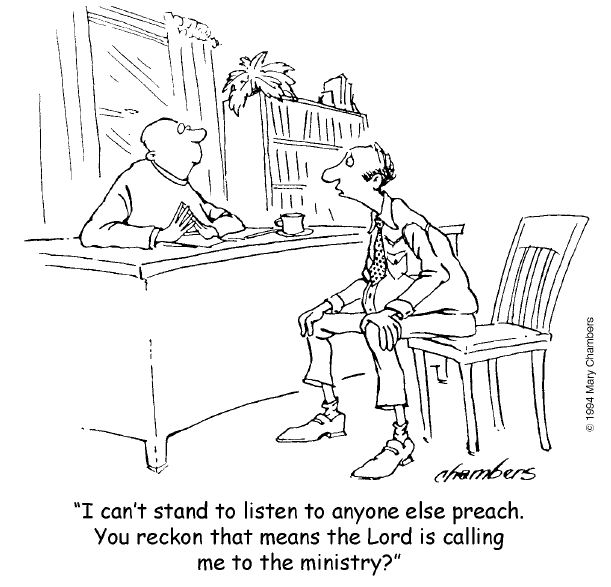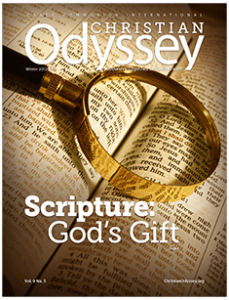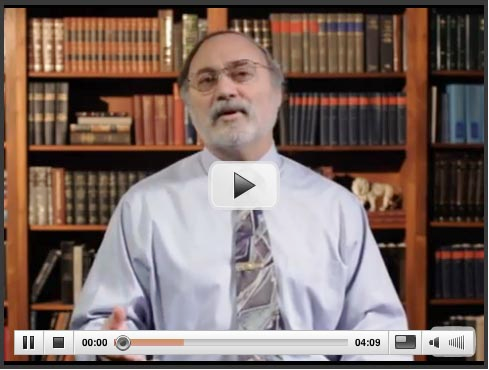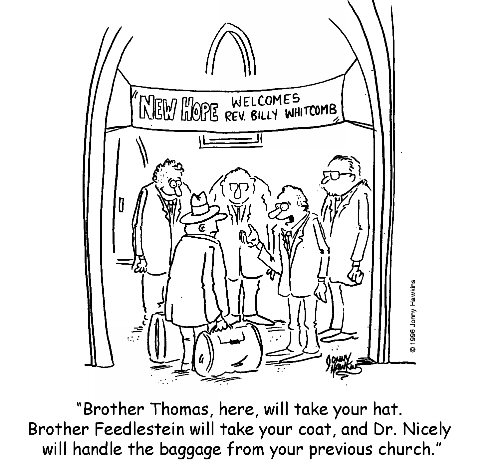Dear Brothers and Sisters in Christ,
 When she was younger, my daughter Stephanie would ask me to tell her a story. Now she is a young adult, but we still enjoy sharing stories. Sometimes one of us will ask a question or make a comment and the other will reply with a quote from a famous movie. I’ll caution, “Don’t take that route because it’s a dangerous area,” and she will reply, “Lions and tigers and bears, oh my!” recalling the line from The Wizard of Oz. Or, it may be a quote from A Few Good Men. She will say, “I want the truth” and I will reply, “You cannot handle the truth.” Or, at an appropriate moment, she will toss out a quote from The Princess Bride like, “I do not think that word means what you think it means.” And I’ll have to think again about the meaning of a word I just used.
When she was younger, my daughter Stephanie would ask me to tell her a story. Now she is a young adult, but we still enjoy sharing stories. Sometimes one of us will ask a question or make a comment and the other will reply with a quote from a famous movie. I’ll caution, “Don’t take that route because it’s a dangerous area,” and she will reply, “Lions and tigers and bears, oh my!” recalling the line from The Wizard of Oz. Or, it may be a quote from A Few Good Men. She will say, “I want the truth” and I will reply, “You cannot handle the truth.” Or, at an appropriate moment, she will toss out a quote from The Princess Bride like, “I do not think that word means what you think it means.” And I’ll have to think again about the meaning of a word I just used.
These exchanges are entertaining and sometimes hilarious. Though they may seem trivial, they enhance our father-daughter bond.
It is the same when I am with friends. We swap stories. Sometimes it’s the same stories, over and over again. We never tire of them because they are a part of our shared experience and the cement that binds us together.
It has made me realize that our lives are remembered more as dramatic scenes than carefully planned sequences of events. In The Sacred Romance, Brent Curtis and John Eldredge put it this way:
The deepest convictions of our heart are formed by stories and reside there in the images and emotions of [a] story…. Life is not a list of propositions, it is a series of dramatic scenes. As Eugene Peterson said, ‘We live in a narrative, we live in a story. We have a beginning and an end, we have a plot, we have character.’ Story is the language of the heart. Our souls speak not in the naked facts of mathematics or the abstract propositions of systematic theology; they speak the images and emotions of story (p. 39).
How true—and that is why the gospel itself is presented not as an index of theological propositions, but as an interpreted story. The same story, told and explained from four different points of view, brings together the plot of every human being’s life story. And don’t be surprised by this—it is a love story. It is the story of God’s love for us, individually and collectively.
God is seeking us—he has and is sharing his love with us. When we read in John 3:16 that, “God so loved the world that he gave his one and only Son, that whoever believes in him shall not perish but have eternal life,” we see that the gospel is not just about Jesus. It is about you and me and every human being who has ever lived. His story weaves all our stories together. Only by listening to God’s story can we make sense of our lives.
While Jesus engaged in direct teaching, sometimes even explaining himself to his disciples, he understood the value of a good story as a teaching tool. Some of his most important lessons were taught through his parables. These parables are nearly always about something that happened to somebody. Who Jesus is and what he wants us to understand is about life—life lived out through a history of relationships between God and his people and among his people.
Stories that convey life lived out in relationships are what attract our attention. Journalists call this “human interest.” That is why they will so often report the news from the point of view of someone who is directly affected by a situation or interaction with others.
Have you noticed how, in his State of the Union address, the US President has real, live people present and tells their story amid the routine facts and figures? A recent article on public speaking made a point that would benefit us all in giving sermons: a well-told story inserted in your speech “gives you permission to talk for another 10 minutes.”
This is why, for the last couple of years I have seen the value of telling stories about our church fellowship collected from around the world. I have noticed how much our members love to hear about each other. I could pass on this news by relaying statistics from reports that come across my desk, which are needed for planning purposes. But what you and I find most inspiring and memorable are the stories of what is happening to people and what is being done by people.
I want to continue sharing such stories, and I am asking for your help. I tend to receive more stories from our International areas than I do from the US. I realize that some of our overseas areas lend themselves to colorful incidents in exotic places. Perhaps you feel that nothing exciting happens in your more “ordinary” location. Don’t you believe it! Don’t assume no one is interested in what is happening in your neck of the woods. Remember—your congregation is ministering with Jesus 24/7. That means there are many things happening—some inspiring and exciting, perhaps some that seem “ordinary.” But if you find them interesting, there is a good chance that the rest of us will too.
So, pastors and ministry leaders, I am asking you to send me some of your stories (with pictures, please!). And let me say, once again, thanks for all you do as you co-minister with Jesus!
Your brother in Christ’s service,
Joseph Tkach
P.S. You may email articles and pictures for use in GCI Weekly Update to Ted.Johnston@gci.org.


 Numbers can indeed be fascinating. Let me show you what I mean by looking at the one mathematical symbol that we probably all recognize—the Greek letter ∏. We learned in elementary school to call this symbol Pi.
Numbers can indeed be fascinating. Let me show you what I mean by looking at the one mathematical symbol that we probably all recognize—the Greek letter ∏. We learned in elementary school to call this symbol Pi.